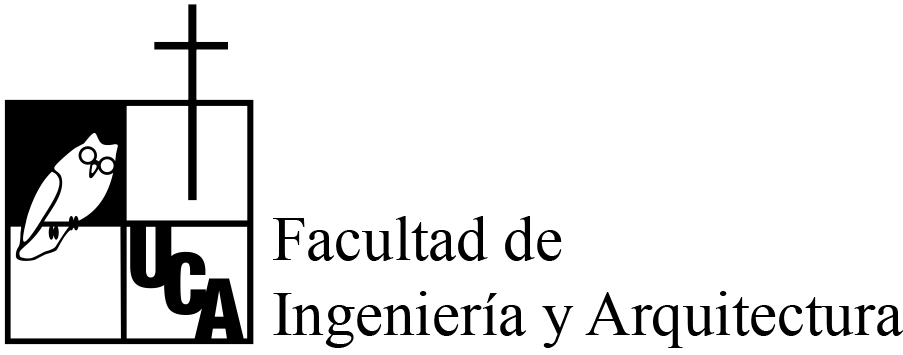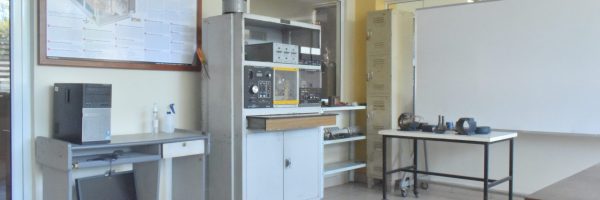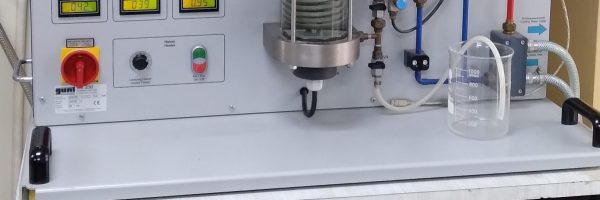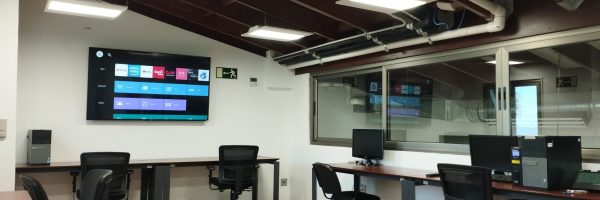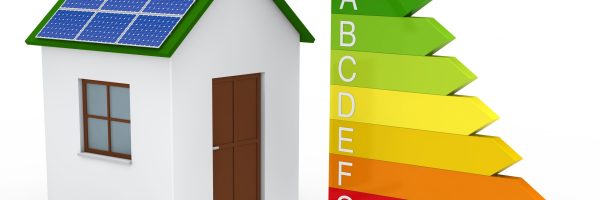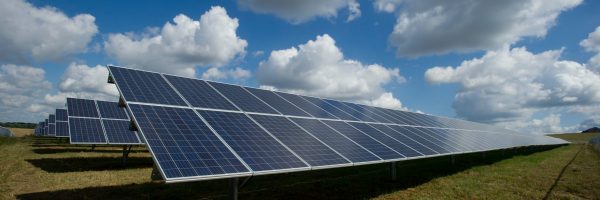Energy Engineering seeks to train professionals committed to the development and transformation of society through solid training in the scientific and technological field. With the capacity to design, develop and manage projects or programs related to efficient and environmentally sustainable energy systems in compliance with regulations and standards, for the improvement of the national energy matrix and energy savings in industrial, commercial, residential or transportation operations.
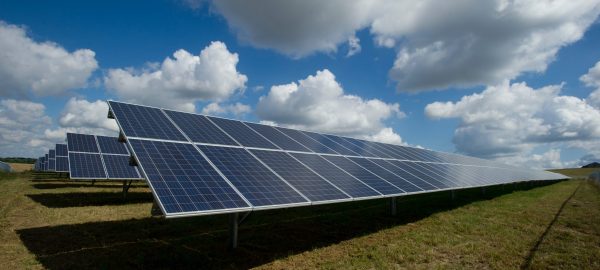
Curriculum
The curriculum consists of a total of 45 subjects, designed to be completed over 10 academic cycles. In addition to the standard course duration, students should account for an aditional six-months graduation process.
What you will learn
1. Science and Mathematics
Includes the scientific training necessary to understand the principles and fundamentals of engineering.
2. Basic engineering sciences
made up of courses that connect science and mathematics with applied engineering and that serve to understand the technologies used in energy engineering.
3. Social Outreach and Humanism
Students have 5 elective courses on this area, choosing among several topics such as environmental studies, climate change, ecology, ethics, sociology, writing, philosophy, and many more.
4. Technical electives
As a complement to the areas of knowledge, there are the subjects that have the objective of expanding the knowledge of the students in the different areas of the field of Energy Engineering. It should be noted that these subjects are conceived under the concept of “academic flexibility”, understanding that these subjects will be included within a bag of electives that can provide contributions to solutions to the country’s energy problems.
5. Applied engineering
It includes the application of basic engineering sciences to project and design energy engineering systems, components or procedures.

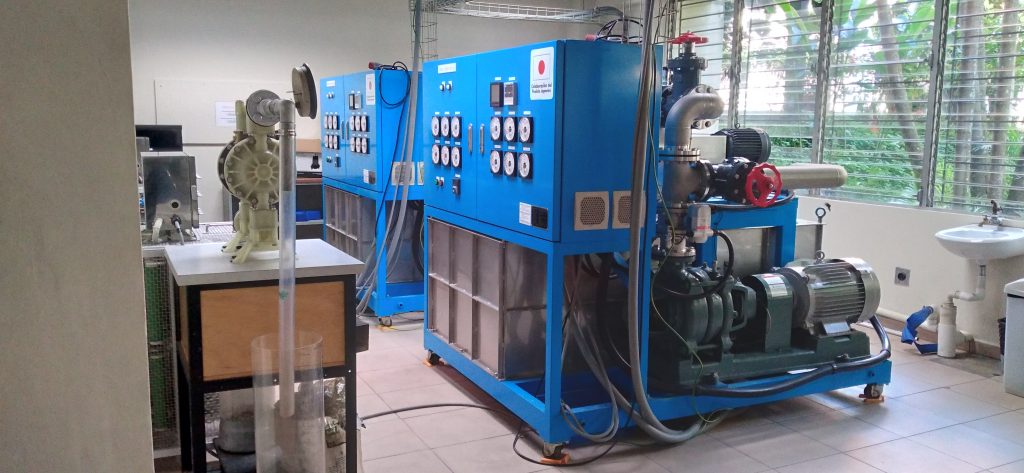
Our Labs
Practice in our courses is of utmost importance, which is why we have hardware and software equipment that allows students to complement the theoretical knowledge acquired in lectures.
-
- Linear electrical systems
- Thermodynamics
- Hydraulic pumps
- Heat transfer
- Electrical machines
- Power systems
- Industrial electrical installations
- Air conditioning and refrigeration
- Pneumatics
- Renewable energies
Schedule
This program has been designed for full time students.
From the first to the fourth year the schedule are daytime, however, the fifth year, the classes are programming early at the morning (7:00 to 8:40) and late at the afternoon (17:30 to 20:10). This allows final year students to do internships or get their first job.
Contact us
Eng. Carlos Mario Flores
Director of Energy Engineering
2210-6600, ext. 320 • cmflores@uca.edu.sv
